Description
Reviews of The Science of Running:
“The Science of Running sets the new standard for training theory and physiological data. Every veteran and beginner distance coach needs to have this on their book shelf.”
-Alan Webb
American Record Holder-Mile 3:46.91
“For anyone serious about running, The Science of Running offers the latest information and research for optimizing not only your understanding of training but also your performance. If you want to delve deeper into the world of running and training, this book is for you. You will never look at running the same.”
-Jackie Areson, 15th at the 2013 World Championships in the 5k. 15:12 5,000m best
If you are looking for how to finish your first 5k, this book isn’t for you. The Science of Running is written for those of us looking to maximize our performance, get as close to our limits as possible, and more than anything find out how good we can be, or how good our athletes can be. In The Science of Running, elite coach and exercise physiologist Steve Magness integrates the latest research with the training processes of the world’s best runners, to deliver an in depth look at how to maximize your performance.
It is a unique book that conquers both the scientific and practical points of running in two different sections. The first is aimed at identifying what limits running performance from a scientific standpoint. You will take a tour through the inside of the body, learning what causes fatigue, how we produce energy to run, and how the brain functions to hold you back from super-human performance. In section two, we turn to the practical application of this information and focus on the process of training to achieve your goals. You will learn how to develop training plans and to look at training in a completely different way. The Science of Running does not hold back information and is sure to challenge you to become a better athlete, coach, or exercise scientist in covering such topics as:
· What is fatigue? The latest research on looking at fatigue from a brain centered view.
· Why VO2max is the most overrated and misunderstood concept in both the lab and on the track
· Why “zone” training leads to suboptimal performance.
· How to properly individualize training for your own unique physiology.
· How to look at the training process in a unique way in terms of stimulus and adaptation.
· Full sample training programs from 800m to the marathon.
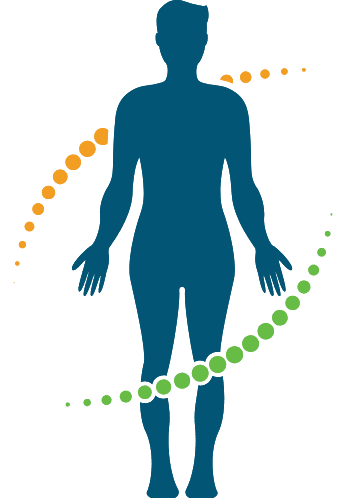
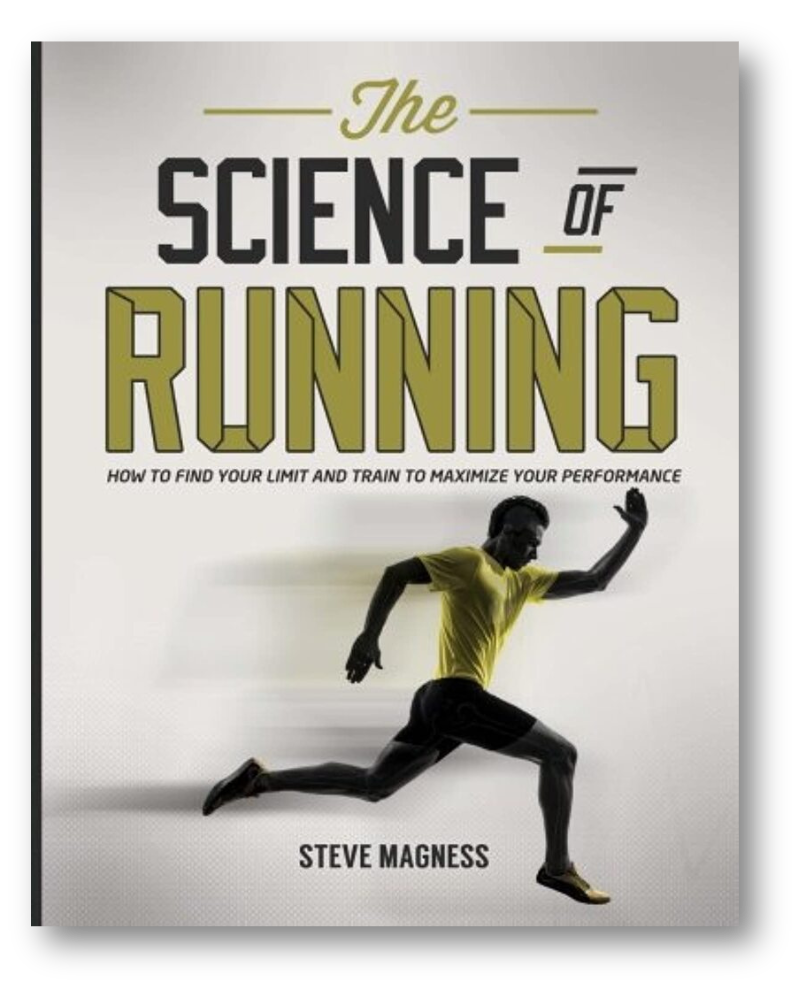
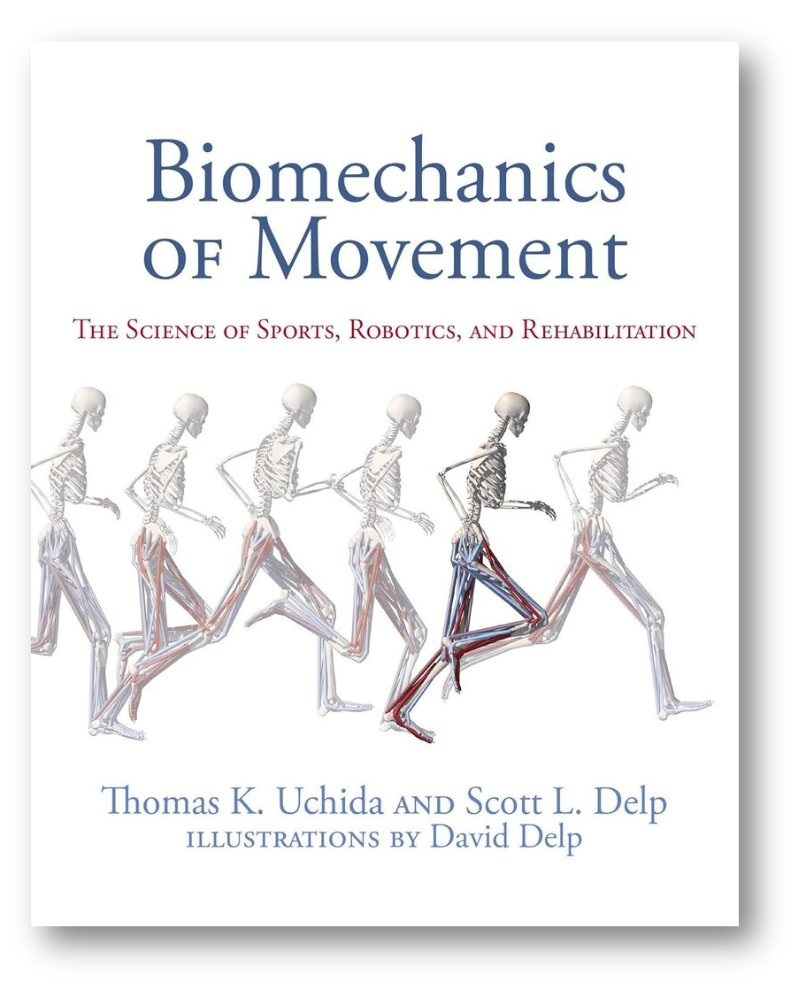
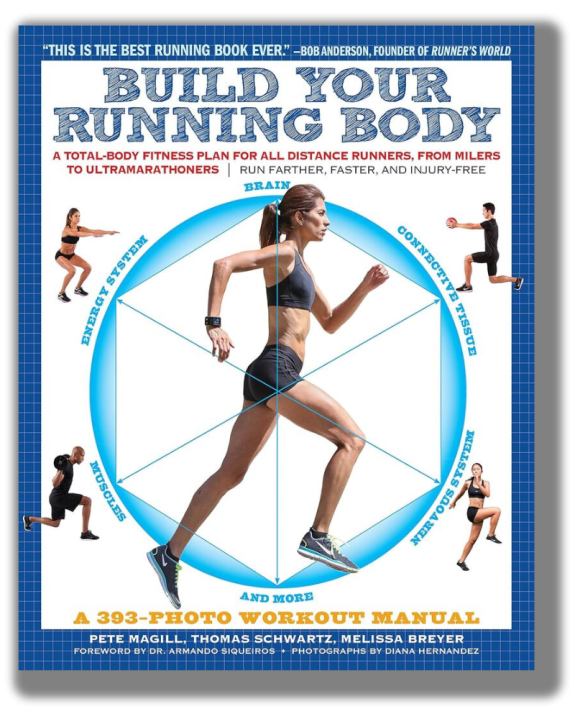
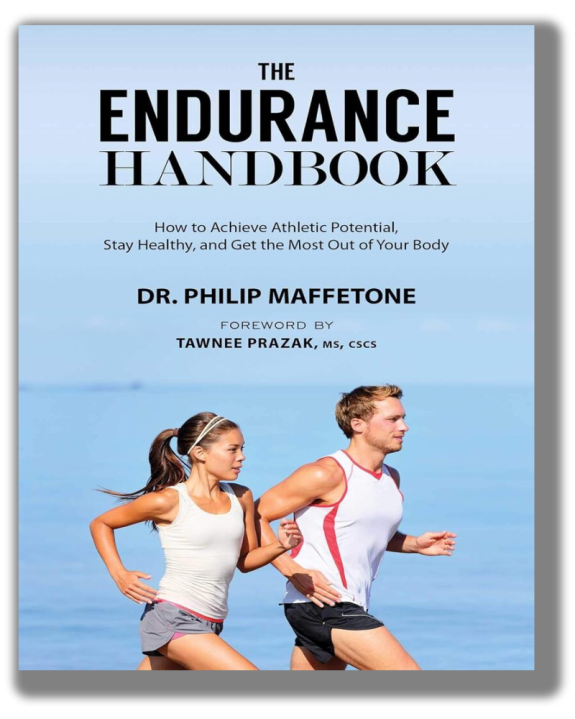
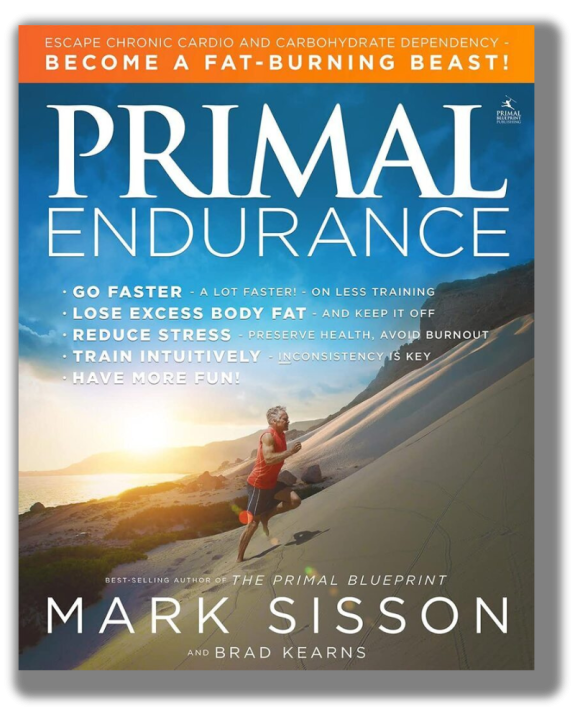
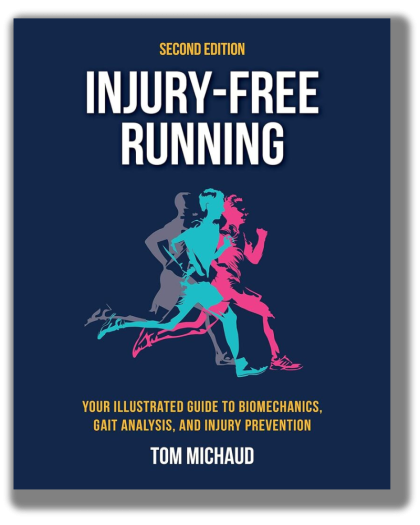
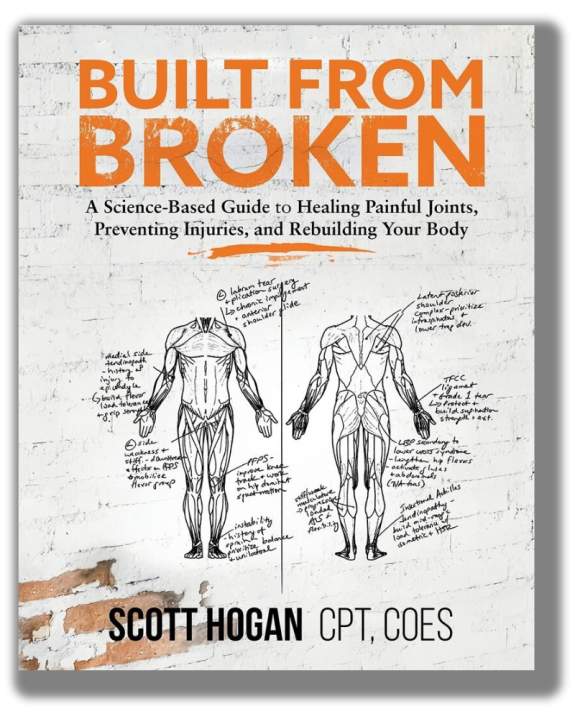
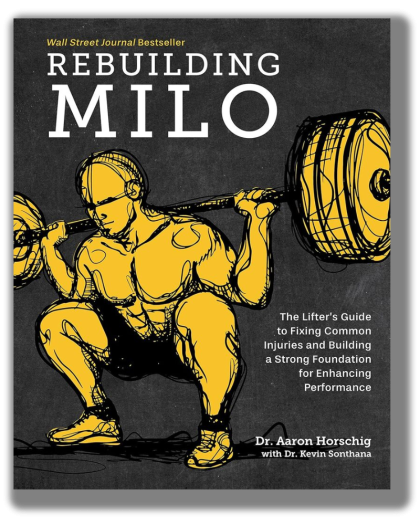

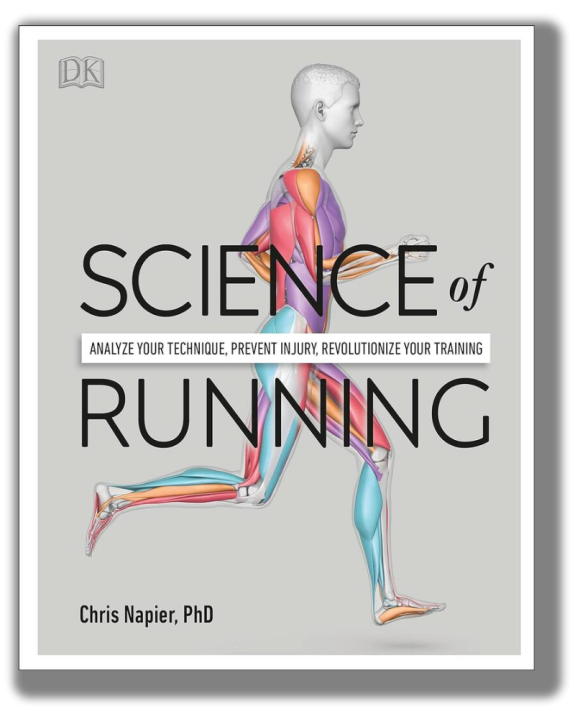
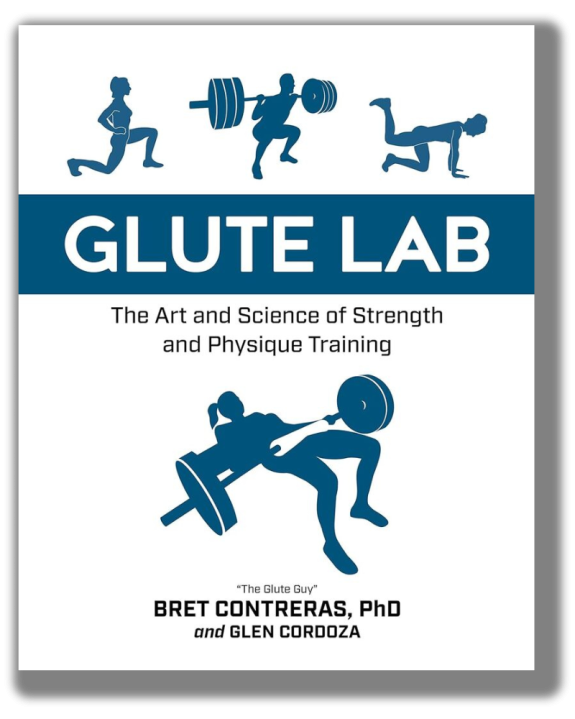
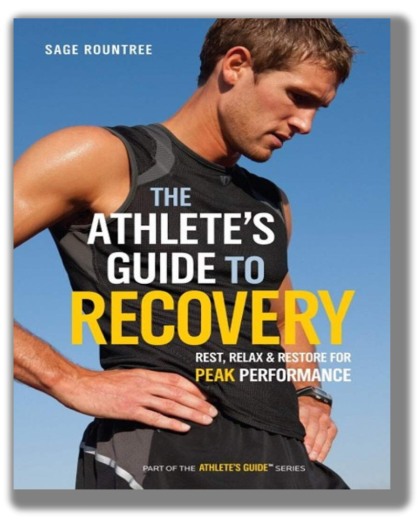
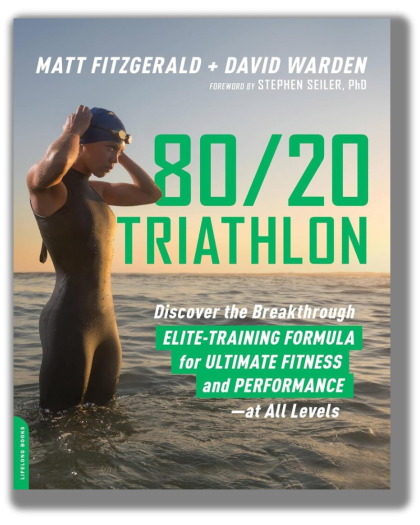
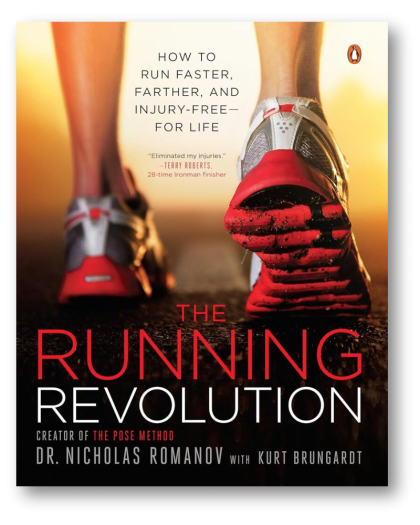
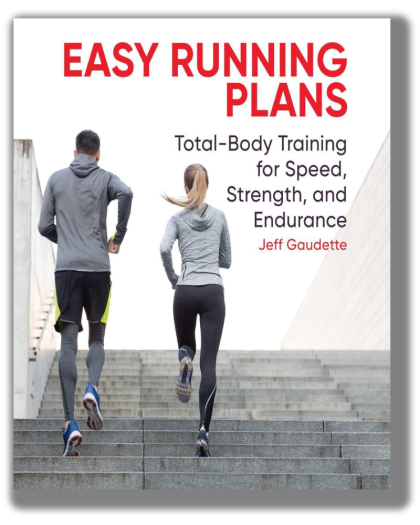
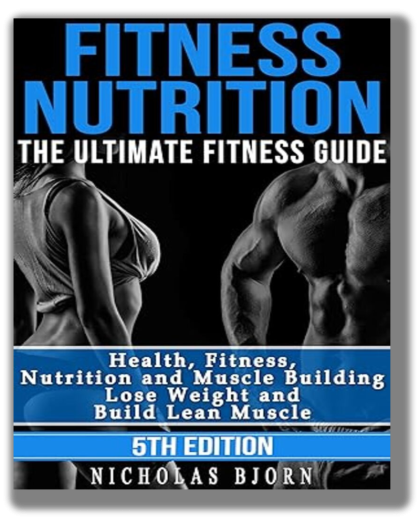
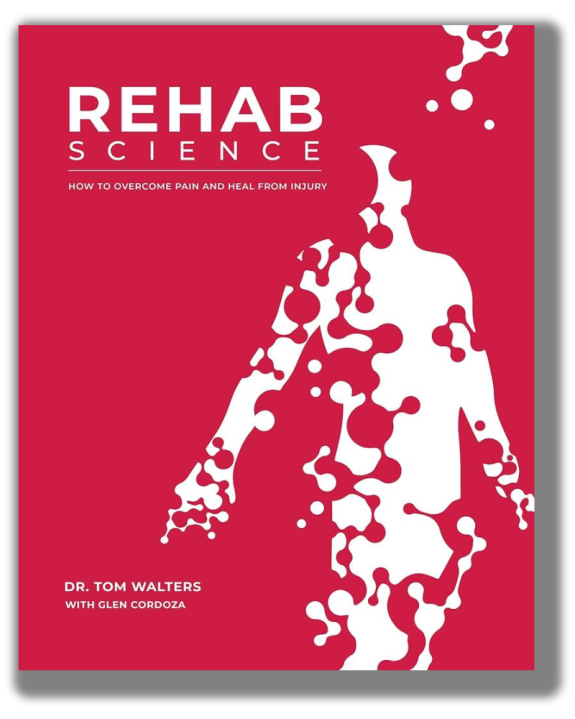
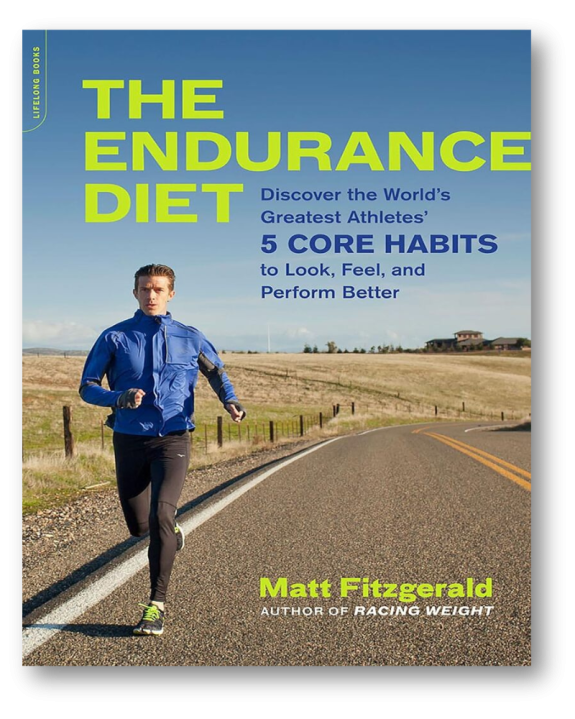
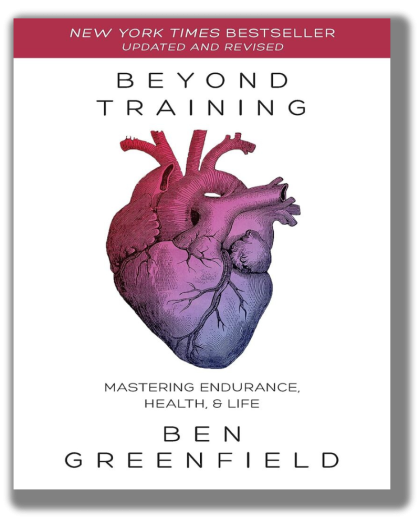
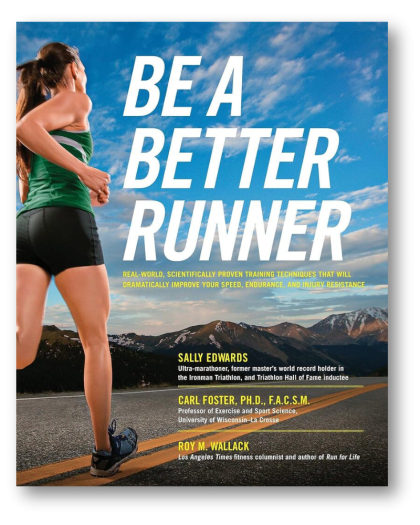
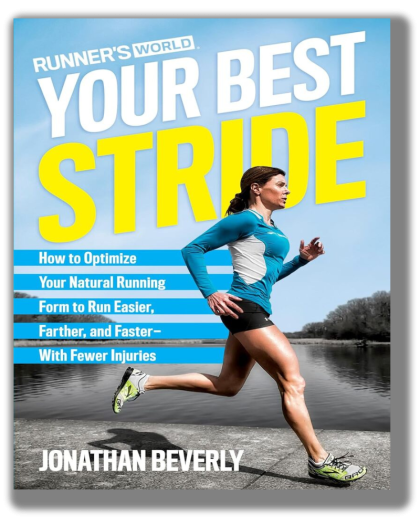
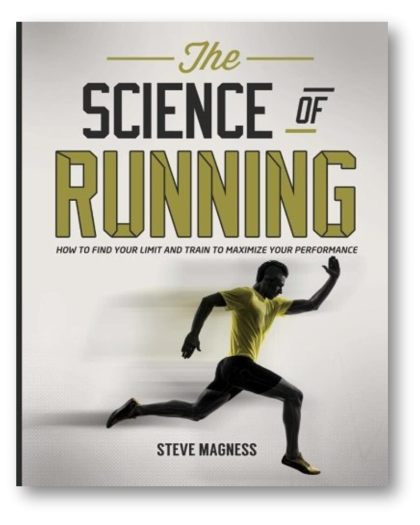
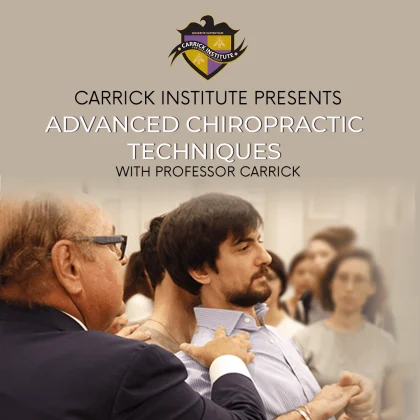
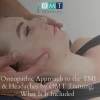
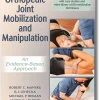
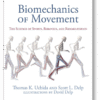
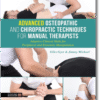
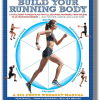
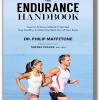
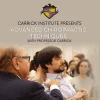
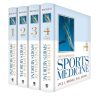
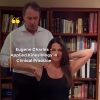
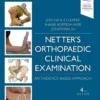
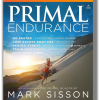
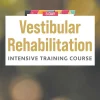
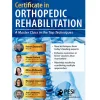
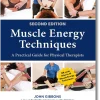
Wulfstan (verified owner) –
This book, by new book author and well known Coach, Steve Magness, is possibly one of the most scientific studies on running I have seen published in book form. One of his fans asked me to read & review the book, from a NON-runner perspective (I do a LOT of walking, but no running due to a bad knee from Football, many decades ago). I have to say, if it wasn’t for that knee, I’d be out and running right now, rather than sitting on my behind and writing this review. Coach Magness really knows his stuff and is a very motivational writer, having also written in a dozen or more magazines. He has coached several top runners, too.
As the author sez “…I’m passionate about it. I poured as much knowledge as I could into this book, and did not hold back. It’s the result of a multiyear process.”
Now since my degree is in Biology I could understand his science, but most of it isn’t too hard, and it’s written in a easy to understand manner. Note, however- he does use a number of running terms I wasn’t familiar with, but anyone buying this book will recognize. It it also packed with training programs, charts, tables and so forth. He also has some bonus stuff on his website.
I’d suggest this book for anyone who is really into serious running, either as a coach or a runner.
Jeffrey A. (verified owner) –
Steve Magness has done a wonderful job with this book. Although I have not finished it I am infinitely pleased with it. The amount of information that this book possesses is incredible. You can tell Coach Magness really cares about the sport and the science of running. He really put everything into this book, and to me that’s what makes this so special. If you really want to be a better runner or coach this book is definitely for you. I HIGHLY recommend this book!
E. White (verified owner) –
How crazy is long-distance running? After just finishing
The Marathon Monks of Mount Hiei
and now The Science of Running, I have been able to keep my new year’s resolution of keeping a running regimen.
Author Steve Magness has spent years analyzing the science and psychology of the sport to help you find your limits and blow past them with lightning speed! Magness has a good running background, trained at a high level, and is now coaching and writing about what he loves. As a sort of scientific advisor who has worked with Olympic athletes and Nike, the training advice provided in his book is extremely valuable. I highly recommend it!
lisa menninger (verified owner) –
This is the most comprehensive training book I have ever read. It takes complex physiological concepts and distills them into applicable, easily understood terminology. Every runner or coach who is serious about getting better needs to pick up this book.
David Tiefenthaler (verified owner) –
A detail orientated approach to individual training programs. A great resource for a serious runner or coach. I loved it.
MD (verified owner) –
If you like Peter Coe’s or Jack Daniels’ books, you’ll love this. Every idea is supported with thought and research.
Geoffrey J. Wilhelmy (verified owner) –
In the past year, there have been a number of excellent books on training distance runners published: Greg McMillan’s You (Only Faster), Owen Anderson’s Running Science, Jack Daniels third edition of his Running Formula, Pat Tyson’s update of Joe Newton’s classic Coaching Cross Country Successfully and now the most recent addition to this list is Steve Magness’s The Science of Running. For those of us who remember when the only guidance on the subject was Fred Wilt’s How They Train and a quarterly publication, Track Technique, we appreciate their efforts.
Steve Magness’s avowed purpose is to integrate the separate silos of coaching practices and research science. His own qualifications are impressive: high school phenom, disappointing college career followed by a quest to study the best coaches and coaching in the world and then his absorption of the science of running and exercise physiology (much of what appeared on his informative science of running blog). He also spent a stint with the Nike Oregon Project, seeing and supervising first hand the training of world class athletes. All this has been distilled into the Science of Running, a 331 page opus that is divided into two parts: the science and then the coaching.
Mercifully, the 144 page science section is not a biology lecture on mitochondria, lactate threshold, and VO2 Max concepts.True to his promise, he attempts to use science to guide training. One learns that there is no rational basis for the current fixation on the emphasis of running at VO2 max. Other insights include that there are numerous signaling pathways activated by different types of training that can accomplish the same adaptation, that sprinting is the best plyometric, the importance of correct biomechanics to optimize the storage of kinetic energy. Before transitioning into the coaching portion of the book, the author concludes that the disconnect between science and coaching can be attributed to science’s need to test a single variable in isolation vs. the integrated environment that the coach needs to actually train his
athletes in.
The coaching section’s central premise is that the athlete’s training should be oriented on his muscle fiber types with separate training programs created for the two types of athletes. He explains different types of training for both muscle fiber types, starting with the 800 meter runner progressing all the way to the marathon. This approach is also used when discussing supplementary training such as core exercises and strength training. Despite the fact that we are now into the coaching section, science insights are still injected when evaluating training. For example, the reader learns that probably the best core training is to run at various speeds.
Steve Magness can be justifiably proud of his contribution to the literature of distance running training. And since this book is probably destined for several more editions, I would encourage him to improve his current edition in two ways. First, there are numerous typographical errors throughout the text, misspellings and missing letters, distracting but easily corrected. Secondly, there is no index, which makes retrieving some of his insights more difficult than necessary. Despite these shortcomings, this is an outstanding guide for any coach or runner, at any level, wishing to become better and / or faster.
JS (verified owner) –
A must-read for anyone coaching from high school on up, as well as serious runners of all sorts. Much of this applies in principle to sports ranging from swimming to alpine skiing to wrestling or other currently popular forms of grappling such as BJJ or NHB, so while the title correctly identifies the book’s focus, this book would be useful to a much wider audience.
The coverage of the partial disconnect between science and coaching is excellent. In this regard, I believe more extensive discussion of both the current enthusiasm for drills alongside running, and of the cultlike fad for H.I.I.T. training, would be helpful additions to future editions of the book. Drills, particularly the idea that drills help prevent injury, may currently be a social phenomenon that could get more empirical support from future scientific research and coaching practice, or not. H.I.I.T. and some heavily branded gyms utilizing H.I.I.T, may well be an example of anti-science and negative coaching, if not implemented as part of a broader training approach.
Highly recommended.
Emmett Dunleavy (verified owner) –
This book will become one of the bibles of the distance running community. It has everything the endurance runner needs to know. All coaches should have a copy
Kevin Miller (verified owner) –
From start to finish I really enjoyed this book. This is a must read for both coaches and athletes.
Kevin Miller
Chase Englestead (verified owner) –
I have read quite of few running books. This one of my favorites. I highly recommend this to anyone who is a coach or who want to take there running training to the next level. Magness does a really good job and letting see the whole picture of training. I also enjoyed it because there are very little bias towards certain training types.
Marathon Mom (verified owner) –
I love Jack Daniels, love science, and coach running. Based on that, a friend suggested this book. I thought it was fabulous and would surely recommend it. It covers good information but it is written at an exceedingly easy to understand manner verse a technical manner so even someone without any background could gain a lot in the pages.
There are a lot of citations at the end so you can go read the content of research he was pulling from.
Note: I’m not sure about everyone’s copy and it’s not impacting my review, but my copy has a random child’s story page inserted between pages 162 and 163. Maybe an issue for future publishing batches.
TRI Running Coach (verified owner) –
What a great book put together by Steve Magness. My coaching group has an age range from 10-52 and this book will help me help them achieve their running potential and achieve their goals. From coaching National Champions in Triathlon to National Cross-Country medalist to moms who just want to keep fit this book is a great resource tool. Well done Steve!
Brad Pederson (verified owner) –
Great book, great resource. Not a cookie cutter training book. However, there are plenty of ideas that can take your training or training of young athletes to a new level.
H. Layne Schwier (verified owner) –
Awesome book! For a college coach with an exercise science degree, this was a fantastic book. But it’s still written so others can understand.
D. G. Brown (verified owner) –
Steve Magness writes from the three fold perspective of scientist, athlete and coach. He provides up-to-date chapters on both the science of running and the coaching of runners. What is particularly helpful is his discussion of the different training needs of more endurance or “slow twitch” muscle fibre runners and more speed or “fast twitch” muscle fibre runners. This is an excellent book and I highly recommend it.
Michael Burgess (verified owner) –
Excellent, and scientific insight on proper running techniques. “Science of running “will also give you key ideas for ultimate training regimes for top and consistent performance.
Zack Leggett (verified owner) –
Great book. Magness does a great job of detailing both the scientific evidence and the practical application of the techniques used to train distance runners. I would recommend this book to coaches and athletes alike
itajuv10 (verified owner) –
Golden opportunity !!! If you run seriously, don’t pass out over it ! One of the grestest book of running science ever !
Stanko (verified owner) –
Steve does a great job of explaining why training works for some athletes and not for others. A part of me wishes I would have had this information years ago, but at the same time I am not sure if I could have fully grasped the information without these experiences. This book is for the runner who has a vested interest in their running… or has ran competitively in the past and is now coaching other athletes. I think it’s important for the reader of this book to have experienced the ups and downs of training themselves. I think it would be hard to deeply understand the information in this book if you have not experienced competitive training yourself.
In college I was very lucky to train with Olympians, high school phenoms, and the blue-collar runner who worked their way up the team. I was always fascinated by how a group that contained so much talent, often only had a handful that reached the top. We all did the same training and some even trained harder, but not everyone improved at the same rates. The Science of Running does a great job of explaining this dilemma.
Why do some countries dominate in particular events. The East-Africans in the marathon, the Jamaicans in sprinting. At the elite level athletes are all working their tails off, but not everyone is responding the same to training. Those that reach their genetic potential have found what works for them. For these athletes if they were under a different “system” of training they might not be at the level they have reached under their current training system. The Science of Running does a great job of explaining this dilemma.
The act of running is so simple. Get a pair of shoes and head out the door. But if it’s so simple, why is it so hard to pinpoint what is “successful” training. There are a million ways to approach training and there is no cookie cutter program that is the perfect answer. The Science of Running does a great job of explaining this dilemma.
The Science of Running does a great job of explaining many things and combining it with real life experiences will allow you to be able to take your running or those you coach to a new level.
Jeremy Walsh (verified owner) –
This is an excellent book. The background information compliments the training section very well. The training section seems to be very up to date, cutting edge. The training plans are a breath of fresh air compared to some of the more traditional running books which may be starting to look a bit dated at this stage. I think people who follow these plans or tailor them to their own needs (which should be manageable thanks to the detail in the book) will have good results.
I have many, many running books, but this one has been a real breath of fresh air, I am delighted with it. The only gripe I would have is it should have been edited to remove typos and improve readability.
Aaron Berg (verified owner) –
Most comprehensive running book on the market! It is a great combination of scientific and practical information. For runners of any skill level.
Ken Matheson (verified owner) –
As I expected the book is full of excellent information. I like the way that Steve challenges convention, with good reasoning and references.
I was disappointed in the standard of writing and editing. The book is worthy of better.
Nevertheless, I would recommend it to endurance coaches and athletes (not only runners) who are interested in pushing beyond current convention.
G Holden (verified owner) –
Excellent book with information backed by scientific studies. This is a book that all coaches should have on their shelves.
Bookworm (verified owner) –
I think this book is full of new information and summaries of old information useful for personalizing your training. The only gripe I have is that it needed some better editing before being printed. There are a lot of typos.
Dante (verified owner) –
Let this be it. Magness does a great job of making you take the time to understand the impact of various stresses to our body and the affect they can have on our fitness and running ability. This is really the best way to approach a training plan. It’s imperative to understand why you are doing something and allows for an educated runner to make changes to standard workouts and standard training plans to make it completely relevant and effective for the individual.
Excellent book. Affirming piece of reading for those of you who have been at this for a while. It validates a lot of our intuition as runners even as it challenges certain conventions.
Anon for this one (verified owner) –
This book is packed with information. Steve obviously knows his topic and I found the science and physiological details very interesting, although they may go over the head of people without a background in science. He really does a good job of explaining the science of training and how different stressors create different adaptations and how to use that information to design training.
I hadn’t seen his breakdown of athletes by muscle fiber type before and this section is very interesting because it explains how to adapt training plans and workouts based on whether a runner has predominately fast twitch or slow twitch muscle fiber for their event. This would help explain why, besides other genetic variations, different athletes respond to the same workouts differently. He definitely is not a fan of cooking cutter training plans and really gets into adapting training for the individual athlete.
He’s also doesn’t seem to be a fan of zone training and advises to through it out of the window. His classification of workout paces makes a lot of sense and has been proven effective by coaches such as Renato Canova. Also his explanation of funnel training was new to me and varies quite a bit compared to Lydiard type training.
So the fly in the ointment is the plethora of misspellings and grammatical errors and is the reason for not giving it 5 stars. They book just needs a good editor to go through it and help fix those basic errors and perhaps to refine the organization of the content and make it read better. The book is still quite readable, but it’s been a long, long time since I’ve seen these kind of problems in the age of word processors.
James Marshall (verified owner) –
Steve has an excellent background in endurance running. This is reflected in the parts of this book which are different from others: a review of the research and his individual take on preparing plans for runners. These chapters are really thorough and very useful.
Less good is his take on resistance training for runners which is too vague, and also the biomechanics of running. Frans Bosch is far better on this.
As other reviewers have noted, the typos are too frequent and distract from the flow of the book: where was the editor?
I found the research chapters adding to my confirmation bias that little good comes out of the “science in labs”: how does treadmill running economy of university student average runners help transfer to the real world of fast runners on the track and road? Steve covers this really well.
A book for middle distance coaches as much as runners, go elsewhere for the correct supplementary training advice though.
Alex Vanlaningham (verified owner) –
I have read, Nokes, Daniels, Maffetone, Middleman, Friel, and all the ultra guys books… Probably 40 running books in the last 3 years, and I have to say Steve does a great job of just telling it like it is without pushing his view point too much. He gives you up to date leading edge information of 2014 and let’s you decide what to do with it. Like Maffetones books this one will be one I read 3 or 4 times if not more… If you like an instruction book, this might not be the book for you. Also he goes in very deep it might be too deep for many people about body science. I can’t say I grasped all the science but I can say it gave me a different way of looking at running from both a deep performance perspective. I am not fast and don’t ever think I will be but I believe digging in deeper to his suggestions will likely provide long term improvement in my running abilities. Thanks Steve, good work
Tim Bolter (verified owner) –
This book is well researched and full of interesting information.
There is a nice blend of science and practical application.
Unfortunately the writing and grammar are appalling.
You’d struggle to find two paragraphs without a sentence that needs reading twice to get over the grammatical ‘hurdle’.
I know from Steve’s website that this is not his strong point.
Forgivable on a blog site. Less so in a book.
It really looks as if nobody other than the author read the manuscript.
I would strongly recommend if a further edition comes out somebody edits it.
Even if an editor isn’t employed surely somebody could help him out (maybe even one of his website followers).
That said – it is still really worth a read.
Mylene Mercier (verified owner) –
Everything you need to know is in the book. You can understand how training prograns are built and tailor it to create your on personnal program.
Rob Youl (verified owner) –
AS others have pointed out the book has quite a few grammatical errors.
Not withstanding the above it would have to be one of the best books on running and physiology I’ve read in a long time.
Steve’s grasp of peer reviewed studies and their application in real world training put him a cut above others that seem to lean too much towards either the solely science based training method or the coach by feel/experience method.
A great read, if like me you enjoy discovering the underlying principles of training and adaption.
Trailbrake (verified owner) –
This book is better researched and better written than most running books. It does suffer a bit from not being critically proof read and it was obviously spell checked by a computer. Really designed for coaches but, there is a lot here for the amateur to serious runner who desires to improve their race times.
You can use the information in this book to easily design a great training plan to meet your next race goal knowing not much more than your goal pace. If you want to be spoon fed a training plan this is not the book for you.
Training focused on more on pace specificity than most others makes a lot of sense and I think converging on it from both the speed and endurance tangents is brilliant aka the Funnel Training Plan. Now if there was an app or website….
M Kalia (verified owner) –
There’s lots of great information in this book and can be useful for anyone who likes to run. I enjoyed it.
Jamie Ness (verified owner) –
This is a great look at training from both a scientific and practical perspective. As a coach who holds an M.S. in Kinesiology I was impressed from both ends. Throughout the entire book I found myself saying one of two things: 1) It’s nice to know I’m not the only one who thought of this or 2) Wow, I never thought of it that way before. Steve takes a fresh perspective that anyone with an open mind will appreciate. My only knock on the book is the lion share of errors that could have been avoided with good proofreading/editing. Don’t let the minor errors scare you away as Steve has no problem displaying his expertise.
asle (verified owner) –
At school I was not good at math, science or biology. But I am super fascinated with running science, research, theories, training plans etc. So getting throughout this books first chapters was a real challenge. I had no problem understanding but Magness is a smart guy and talks about these things like he probably does to other scientists. At least for me it was a real challenge to try to learn and understand some of the theory stuff. I gave up trying to learn all the theory (until later some time!) but knew there was some good stuff coming. And there was. Magness takes apart a lot of “truths” you thought were proven. And when he starts on the practical part it gets really good. If you are serious about your running and are willing to confront some of your accepted “truths”, this book is one you should not miss. If you have Jack Daniels, Lore Of Running etc. in your bookshelf, it is about time to get “Science of Running”.
Rightwing Patriot (verified owner) –
It tells everything you’d want to know and more. It might be boring for some if you are not into how and why the body functions the way it does. It you want simple then this book is not for you
Keira D. (verified owner) –
This book is great to understanding the science behind running – would definitely recommend to any runner wanting to learn more about the sport.
kianoush missaghi (verified owner) –
Great book for anyone who really wishes to improve their performance while knowing why and how to do it!
A. Husain (verified owner) –
An excellent resource!
Sheila Gonzales (verified owner) –
The Science is explained where it is not only understandable but easy to remember, not like high school.
Roberto Rigolin F Lopes (verified owner) –
The science in this book states that we don’t know much about running! Science always pushing butts forward, literally in this case. Nevertheless, the literature review on fatigue was entertaining. Nice to meet you fatigue! I can feel you better now, doing my best to tolerate you. After science comes training, and it was mind blowing for a curious, not serious, runner. Hands up homeostasis, we are having a daily fight!
KoalaFace (verified owner) –
For sure, the greatest compilation of runners knowledge I’ve found on the general subject. From the 400m sprinter to the marathon runner, this book digs deep.
Fist, it delves headfirst into the scientific concepts of running and basic kinesiology in the sport. Digging deep into the physiological process your body goes through from mile one to mile twenty+ between activating muscle fibers to pulling glycogen from the muscles, the marginal increase of muscle fatigue, etc… A bit of a read for someone uneducated in the subject such as myself, but read at a slower pace, soak in the information and take notes and it becomes less overwhelming.
Second section is the training portion. First going into philosophy, theory and application then helping tailor a periodized training routine based on your own individual needs. It helps put perspective and focus on one’s end goals and helps create a system in which you can attain those goals. Not simply by stating “Do X on Monday and Y on Wednesday for Z amount of weeks, invariably”, no it goes deeper than that into theory and the application thereof to assist in developing a regimen specific to ones own needs.
This is a great book and I will soon be utilizing it to create a new training regimen and hopefully be on my way to running a full marathon and even ultra’s next year (not coming from a couch potato of course).
Joshua Perrin (verified owner) –
Amazing. This book does a great job painting a picture of the physiological processes that athletes go through while not diminishing the art of coaching. The book does a great job applying current physiological research to the sport and through application of the scientific process has made me enjoy coaching more.
TabascoMD (verified owner) –
FYI – I am a doctor (Family Practice) with 13 years of clinical experience, but I am relatively new to long-distance running (only 9 months). I am currently training for my first 1/2 marathon, and I’ve recently expanded my practice to include common runners’ injuries.
This book is a very thorough and comprehensive review of the physiology and biomechanics regarding running. It is a technical text, best suited for those with at least a bachelor’s degree or higher in biology or hard sciences. That said, I’ve enjoyed reading it, and it has enriched my knowledge base – I feel that I will be a better runner (and a better doctor for runners) as a result.
R.C. Field (verified owner) –
Everything everyone said about the poor editing was true, but if you can read past that it is a great book. The science portion is technical, but also really interesting. The book is really written for coaches and elite level runners, but it does contain some valuable information for local level competitive runners who might be putting in say 30 to 50 mile weeks instead of 100 mile weeks. It is probably not for the causal runner or couch to 5K partcipant.
Cole Peterson (verified owner) –
Detailed accounts of physiology, biomechanics, and programming for elite distance runners. Lays out the how’s and whys of workouts and training to maximize performance. Well done!
Stephen Jackson (verified owner) –
I learned a lot on the science on running and even developed new ideas on how I will coach some of my runners differently.
hbo_1973 (verified owner) –
The book is quite big. I gave it to my son so that he can read it since he started running.
Randi (verified owner) –
Not what I was expecting however still a good book
Bill (verified owner) –
Excellent read, very complete, provides all the background information needed to develop a running program. Only downside no program outline for Half-marathons.
Dog Lady (verified owner) –
It is a Christmas gift, but my husband is going to love this. He is a runner and is always looking for ways to improve.
R.Sudhagar Raghavan (verified owner) –
Steve Magness is unique in the sense that he is an exercise physiologist, coach and an ex-runner. As such his book is also an unique one as it combines cutting-edge science with proven coaching principles. He also steers clear of any dogma, be it scientific or coaching and has a sensible attitude and realization that the science of running (physiology) is still in its infancy and that many of the scientific experiments did not accurately reflect the reality of real world training.
I also like his approach in examining both scientific research/ findings and the successful coaching principles to provide a balanced view. He has also included some of the very latest research.
However on the minus point, there are numerous grammatical errors and generally the book is badly edited and produced. Also, the book seemed to be a compilation of articles as there are many points were repetitive even in the same chapter. The chapters were also not well organized for each of reading or understanding. The pictures could have been better too.
I also felt that the first part (on scientific background), could have been much shorter by focusing on key principles rather than providing an in-depth explanation. This would be useful in a thesis or an academic paper but many coaches and runners might find the depth a put off and daunting.
Otherwise, it is an excellent book. Hope the author could rectify the minor shortcomings in the 2nd edition.
Leon Shordon (verified owner) –
No book on an evolving topic, such as training, can do it all. This book contributes to the overall body of knowledge for runners who are, as all serious ones tend to be, students of themselves and the sport.
westisle (verified owner) –
Great book for runners especially who seek scientific foundation.
Derek R Loudermilk (verified owner) –
As a former collegiate runner and scientist, I loved this book for its ability to combine those two subjects. Reading it has improved my running form even after 12 years of racing, by focusing more on the stored energy in my hip extension!
Eric Johnson (verified owner) –
i like it a lot. it’s not a cookie cutter “how to make a training program” book.
it educates you how to think so you can build a thoughtful, unique plan for any runner and any distance.
the spelling and punctuation errors were annoying but not a deal breaker for me.
Harrison (verified owner) –
Steve is one of the best young coaches and will be a huge influence in the next 50 years.
Sam (verified owner) –
I have only started, but it’s a great book so far! Madness does a good job putting complex systems and ideas into an understandable format. I’m studying exercise physiology and there are things I’m learning from the book that I couldn’t seem to get when my professor was saying them. Definitely happy with the purchase. A good size book too, 300+ pages, feels more like a textbook!
Katherine Suski (verified owner) –
Good book with the scientific aspect of running performance explained.
Martin Pelletier (verified owner) –
Excellent book. Exactly the in-depth material I was hoping for. The primary negative review on this book is the bad writing and it might very well be the case but it didn’t bother me. Yes, there is typos and some spelling mistakes throughout the book but as I was first interested in the material itself and not looking forward to reading Shakesperarian litterature and english is not my first language, the less than perfect writing did not struck me. For the material exposed in this book, it is very well documented, studies are trackable. Everything is backed up by science and experience and the author explains how to bridge the gap between the lab and the field in a clear and precise manner. Although I am not strictly a runner but more of a multisport athlete and tactical athlete (military recon), this book is another very good item in my training arsenal. If you are looking for an additionnal edge, this book is for you. It might not be the best book if you are starting to run or looking for basic get-in-shape cookie cutting stuff.
Jakob M. (verified owner) –
Nachdem mir ein Lauffreund dieses Buch ampfohlen hatte, habe ich es mir zugelegt. Meine Hoffnung war, neue Ideen und Anreize für mein Training zu bekommen, um mir selber einen Plan gestalten zu können.
Das Buch ist in zwei Teile geteilt: Im ersten Teil geht es um die wissenschaftliche Seite des Langstreckentrainings, im zweiten Teil geht es dann ganz konkret um das Training.
Den ersten Teil habe ich angefangen zu lesen, hatte aber bald den Eindruck, dass dieser Teil zum einen (für mein Schulenglisch) sprachlich zu anspruchsvoll und zum anderen sehr wissenschaftlich uns theoretisch ist. Magness schreibt dann auch, dass es möglich ist, nu bestimmte Ausschnitte zu lesen und dass zu Teil zwei überzugehen. Das habe ich gemacht und den zweiten Teil dann in Gänze gelesen und auch (sprachlich) gut verstanden. Magness beschreibt seine Philosophie und erläutert seine Ideen sehr genau und beszieht sich dabei stets auf die konkreten Auswirkungen des Trainings, sodass ganz klar ist, was durch welche Einheit errreicht werden soll. Dieser Teil ist also interessant und bietet zahlreiche (für mich) neue Trainingsideen, die ich mit Sicherheit in mein Training einfließen lassen werde.
Insgesamt gebe ich hier vier Sterne: Der Trainingsteil hätte auch fünf verdient, durch den für meinen Geschmack zu wissenschaftlichen ersten Teil trübt sich der Eindruck ein wenig, was aber nichts an der Qualität des Trainingsteils ändert
J. Smith (verified owner) –
Steve is an incredible source of knowledge, not only in the field of running, but human performance. A great read for any coach.
TechIronMan (verified owner) –
This is a great book and I’d give it 4 stars except he makes much of the writing a bit too technical. 5 stars for information and research. If you want a book to give you more understanding to the already common running books out there this is a great book. If your a coach this is a must read. If your a weekend runner or marathoner it will give you good tidbits but a lot of it will be of no interest to you.
December Hare (verified owner) –
I already have a burgeoning shelf on running books and bought this not because I was expecting it to say something radically different about the basics about running and coaching but because I like to read about running as I am interested in it academically; so my review is possibly skewed as a result.
Steve Magness is a coach with noteworthy credentials and his book is split into two sections. The first is basically about the physiology of running [what VO2 max and lactate thresholds are and why they do/don’t matter] whilst the second part is on the ‘coaching’ side of things. As such the book’s two halves read somewhat differently. [but more than they ought to.]
The first half as many others have noted is full of typo’s and to me reads like a poorly drafted Master’s dissertation, which is possibly what it started life out as. It’s also hard to read at times and suffers from far too few diagrams [which are always helpful] and too much jargon – which is fine for a science textbook but not for something which I assume is aimed at the interested reader.
But all is not lost! The second half has many redeeming features and I enjoyed reading each and every chapter and am happy to say that the material felt fresh and enthusiastically presented. It was even quite different to what I have read in many other books given its coaching slant [as opposed to scientific slant] and I think would made a fine purchase for a coach or an athlete in interested in tailoring his/her work-outs.
I think what makes this better than most is the way the author tries to steer away from the cookie-cutter approach to coaching and work-outs and move more towards tailoring work-outs based on an individuals physiology. He suggest how work-outs can be tweaked not only by changing speed, length, intensity, frequency but also by adding other more subtler tweaks several of which I have already incorporated into my own running.
So overall ‘a game of two halves’. If ever updated, I think the first section needs to be pruned and redrafted considerably and then this book would have a considerable competitive edge over the competition.
Jackson (verified owner) –
Great book with lots of good info. Very sciency so if you already know that you could skip to the how to section. Very insightful.
conexc (verified owner) –
Fantastic book on running….Magness does a great job at synthesizing the science of coaching with the art of coaching endurance athletes. Not a book for someone looking to just find a training plan to copy. Rather, this book arms you with enough of the “whys” to be able to modify and apply the training recommendations that are provided throughout the text. A must read for any endurance coach.
Rulan (verified owner) –
Liked practical aspects of training plans, thera are alot of them. Too little is written abour weight training ans supportive cross-training.
Chapter about running mechanics ended too soon.
Tommy S. (verified owner) –
Great Book!! Definitely, a must read for anyone that laces up running shoes and heads out the door
Danny Diaz (verified owner) –
Biggest take away from the book is the individualization of training per runner. In particular between reaction of slow twitch to fast twitch runners to the same training. Loved the melding of science and training. Made a lot of sense to me. Highly recommended for anybody coaching for sure.
JOSHUA J APPLEBACH (verified owner) –
Steve Magness is becoming an increasingly important voice for athletes and coaches. If you think you’ll enjoy this book based on its title, you probably will.
Paulo A. Reimann (verified owner) –
Biochemistry for runners or wannabe runners. You should not start to read not knowing a thing about biology, chemistry , reactions. The book is excellent but ain’t a run in the park, if you know what I mean.
Oh Flitzer!!!!! (verified owner) –
Stunning book! The writer examines the past and writes a new pioneering future, with evidence based research!
Sarah Stokey (verified owner) –
Thoroughly enjoyed but at some points found the writer going back to reiterate the same point again and again. I enjoyed this more for the science behind it than anything else.
Tracy Baker (verified owner) –
This book covers everything you need to know, almost makes some items too complicated, but great for someone seeking running knowledge in every aspect of how the body works.
Colby Wayment (verified owner) –
This book is broken into two parts. The first section is written the way science would look at training. The second part is written the way coaches might want to look at training. The author notes that the two, science and coaching, are not necessarily in harmonic agreement.
It is intended for elite runners and their coaches, but this book can still be useful for individuals with a background in science and/or training theories based on physiological data (heart rate training, vO2max, etc.) who can glean the principles Mr. Magness is getting at. For me, the author’s holistic perspective on running is really useful to help take a step back and gain more awareness that I might be giving more attention to fancy gizmos, or supposed markers of fitness, than what my body is saying.
shoji (verified owner) –
I never read any book about running as scientific viewpoint like this one. So I can’t compare with other books in such a topic. But the reason I purchased this book was I was checking some articles about running techniques, and I come across with the website which has same title of this book and Sam author. The article I read at first time was lighting strikes me, and it made great insight about mechanics of running which I never thought about before. Even I have been running for 23 years in my life.
Matt (verified owner) –
Great read for those who want a really detailed breakdown of all components of running whether they’re training themselves or others. Covers exercise physiology, biomechanics, training principles and methodologies, etc. Steve Magness is a very intelligent coach and really demonstrates his knowledge in this book while providing examples and background.
Michael Hansen (verified owner) –
If you’re self-coached and serious about your training, this book is a must! It explains the science behind many of the newer training programs out there, from coaches such as Marius Bakken, Brad Hudson and Uphill Athlete. The first half is about the science, the second about how to program your season, blocks down to the sessions. Want to know the difference between intervals promoting lactate clearance or lactate tolerance? Or how to increase muscle fiber recruitment without using weight vests? Steve Magness explains the “why” before showing the “how”, where most other books and training programs only explains the “how”.
This is by far the most valuable running book I have ever bought!
Jake G (verified owner) –
If you want to know the physiology of running, how our body respond to training stimulus, what kind of exercises produce the best adaptation and so on, read through this book. The first half is very informative and detailed. It lays the basis for the kind of training programmes written in the second half. If you want to be convinced with Science about why you should do certain training instead of others, get this book.
Olaf Palmer (verified owner) –
Poucos são os materias relevantes para o corredor amador sério. Aquele que não só pratica o esporte visando saúde e forma física, mas também aquele que tem ambições de continuamente melhorar sua performance, ter bons resultados em competições, desafiar-se.
O livro “The Science of Running” de Steve Magness oferece valiosíssimas informações que contribuem para o leitor construir fundamentos importantes tanto sob o ponto de vista científico quanto o da experiência de coachs de sucesso.
O ponto positivo principal é o aspecto acertivo de vários tópicos desde os processos bioquímicos e fisiológicos que envolvem o exercício da corrida até a abordagem da estrutura de treinamentos, a individualização, correção de erros de postura, efeitos de certos tipos de exercícios e treinamentos, etc.
Um ponto negativo que notei foi, em alguns momentos, a falta de uma linguagem um pouco mais clara. Em certos trechos, um desenho ou uma tabela um pouco mais visual poderiam contribuir para deixar as explicações menos verborrágicas e mais intuitivas. Um exemplo é a explicação da correção da postura e de erros da mecânica da corrida.
Enfim, recomento fortemente esse livro para o praticante sério da corrida. Uma referência para ser continuamente consultada para melhorar os nossos treinos.
Chris (verified owner) –
This book explains the science behind important training techniques without dumbing it down. It is a must read for any science oriented runner that trains themself
Michael C. (verified owner) –
Great review of all sort of research. Low amount of actual training instruction though.
Spring (verified owner) –
A gift for my adult son.
Lex (verified owner) –
The book is great. It’s explanations are very detailed with science as reasoning for assertions. Maybe a little too much for the begging runner or someone looking for prefabricated workout programs
DG (verified owner) –
Gets a little technical for the layman, but has simplified summaries of advice.
Paul (verified owner) –
Great book excellent resource, i have learned so much and improved my running immensely since purchasing. All of the workouts and training plans are tailored for most advanced runners, but with some creativity they can be tailored to your specific needs.
じーやん (verified owner) –
かつて長距離陸上界を席巻したオレゴンプロジェクトのコーチも務めていたスティーブ・マグネス氏のランニング本です。
タイトルどおり、科学的なアプローチによりランニングパフォーマンスを向上させる手法が記載されており、国内のランニング本では見ないものもあります。
英語のため慣れないと読みづらい部分もありますが、競技力向上のため読んで損はありません。
Diogenes (verified owner) –
I’m a Professor of applied complexity science, so I loved the first part of the book. I’m also an amateur long distance runner so I was keen for part two BUT Magness relies on his reader having a solid foundation and familiarity with running jargon, which I am still building, and a lot of this went over my head
Robbie Hollis (verified owner) –
I’m attempting to self coach myself in my post collegiate running and I think this book is helpful. A lot of understanding on periodization and progressions of phases/workouts.
Daniel Vaughan (verified owner) –
I really started liking this book as it provides a thorough science foundation for running. But it became repetitive and ended feeling like a “book that I’ll never finish”. Really enjoyed the last three chapters as they felt very practical. Lacked graphs and figures that would’ve made it easier to follow at several points (had to switch back and forth from another Science of Running book that has very good illustrations but lacked depth).
Ryan (verified owner) –
I liked this book a lot to learn more about training, although the first half is difficult to get through if you’re more interested in the application of training rather than science. Obviously the book has science in the title so this may come off as stupid, but I was more focused on the practical application rather than information of a very specific part of the body without much purpose for improving running. Therefore, I’d recommend skimming that part if your like me.
There were also a fair amount of more creative ideas or arguments that you don’t see in other books which I found especially refreshing/ enjoyable.